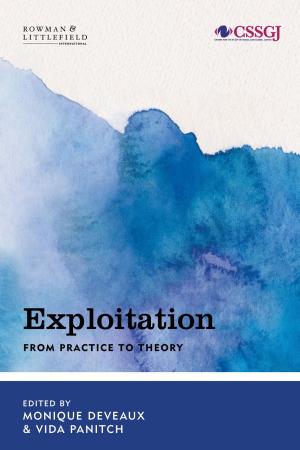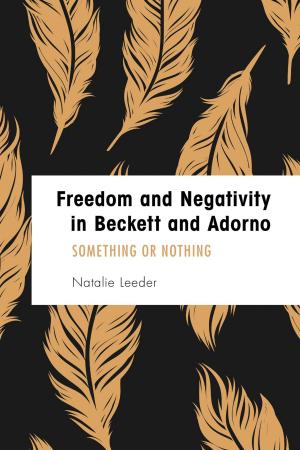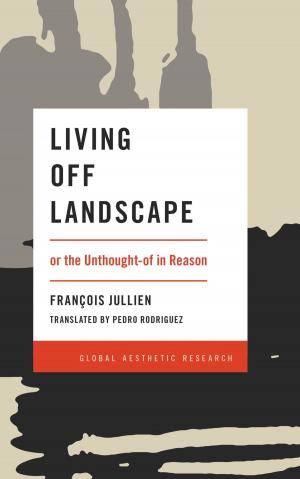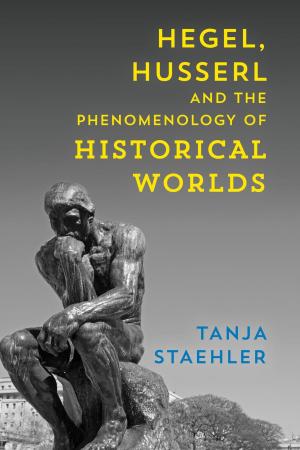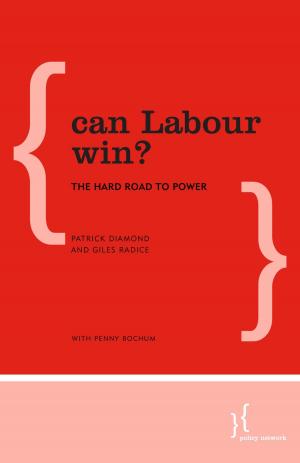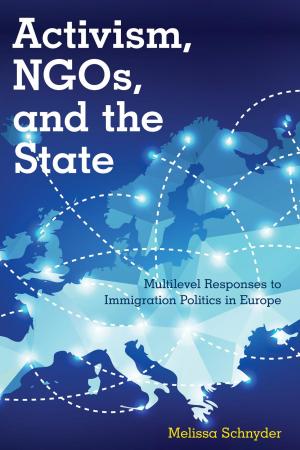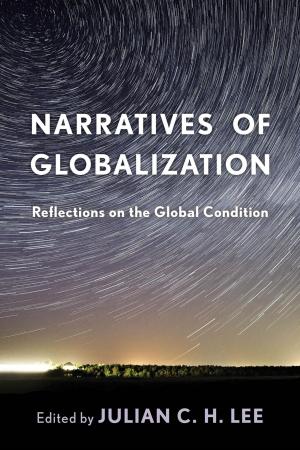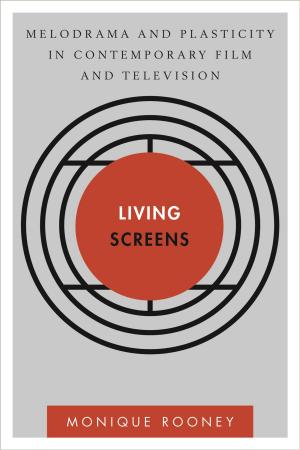From Shared Life to Co-Resistance in Historic Palestine
Nonfiction, History, Middle East, Israel, Social & Cultural Studies, Political Science, International| Author: | Marcelo Svirsky, Ronnen Ben-Arie | ISBN: | 9781783489657 |
| Publisher: | Rowman & Littlefield International | Publication: | November 7, 2017 |
| Imprint: | Rowman & Littlefield International | Language: | English |
| Author: | Marcelo Svirsky, Ronnen Ben-Arie |
| ISBN: | 9781783489657 |
| Publisher: | Rowman & Littlefield International |
| Publication: | November 7, 2017 |
| Imprint: | Rowman & Littlefield International |
| Language: | English |
How do we contribute to the decolonisation of Palestine? In what ways can we divest from settler arrangements in the present-day? Exploring the Zionist takeover of Palestine as a settler colonial case, this book argues that in studying the elimination of native life in Palestine, the loss of Arab-Jewish shared life cannot be ignored. Muslims, Christians, and Jews, shared a life in Ottoman Palestine and in a different way during British rule. The attempt to eliminate native life involved the destruction of Arab society – its cultural hegemony and demographic superiority – but also the racial rejection of Arab-Jewish sociabilities, of shared life. Thus the settlerist process of dispossession of the Arabs was complemented with the destruction of the social and cultural infrastructure that made Arab-Jewish life a historical reality. Both operations formed Israeli polity. Can this understanding contribute to present-day Palestinian resistance and a politics of decolonisation? In this book, the authors address this question by exploring how the study of elimination of shared life can inform Arab-Jewish co-resistance as a way of defying Israel’s Zionist regime. Above and beyond opposing an unacceptable state of affairs, this book engages with past and present to discuss possible futures.
How do we contribute to the decolonisation of Palestine? In what ways can we divest from settler arrangements in the present-day? Exploring the Zionist takeover of Palestine as a settler colonial case, this book argues that in studying the elimination of native life in Palestine, the loss of Arab-Jewish shared life cannot be ignored. Muslims, Christians, and Jews, shared a life in Ottoman Palestine and in a different way during British rule. The attempt to eliminate native life involved the destruction of Arab society – its cultural hegemony and demographic superiority – but also the racial rejection of Arab-Jewish sociabilities, of shared life. Thus the settlerist process of dispossession of the Arabs was complemented with the destruction of the social and cultural infrastructure that made Arab-Jewish life a historical reality. Both operations formed Israeli polity. Can this understanding contribute to present-day Palestinian resistance and a politics of decolonisation? In this book, the authors address this question by exploring how the study of elimination of shared life can inform Arab-Jewish co-resistance as a way of defying Israel’s Zionist regime. Above and beyond opposing an unacceptable state of affairs, this book engages with past and present to discuss possible futures.

